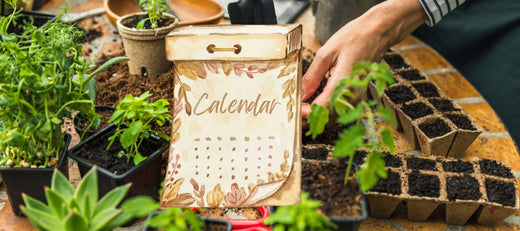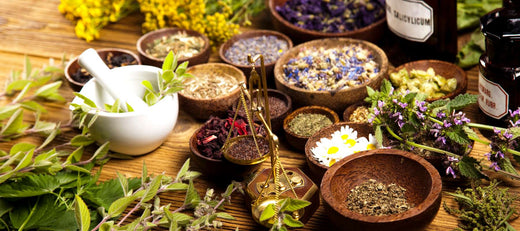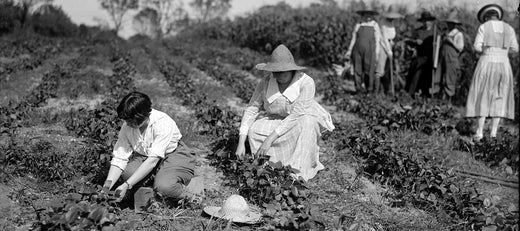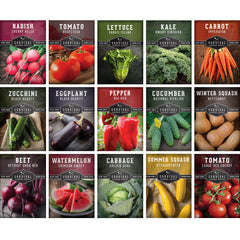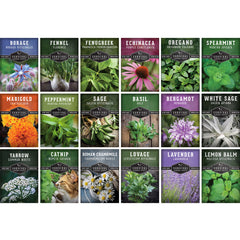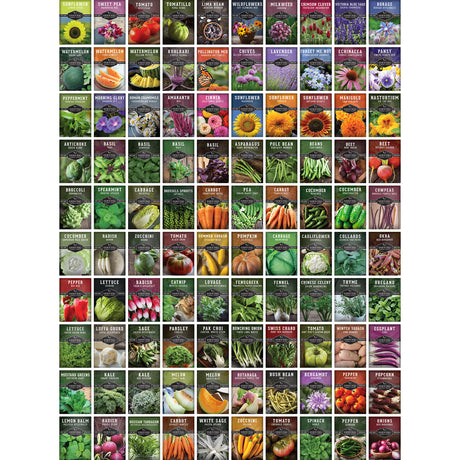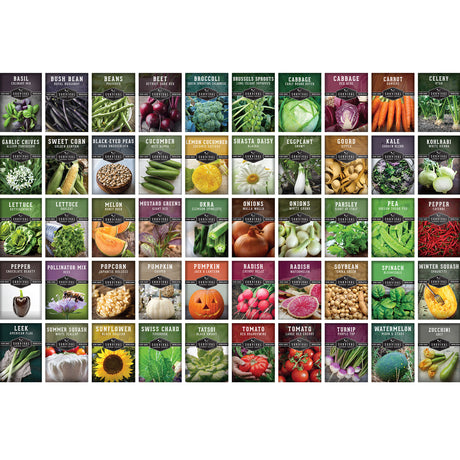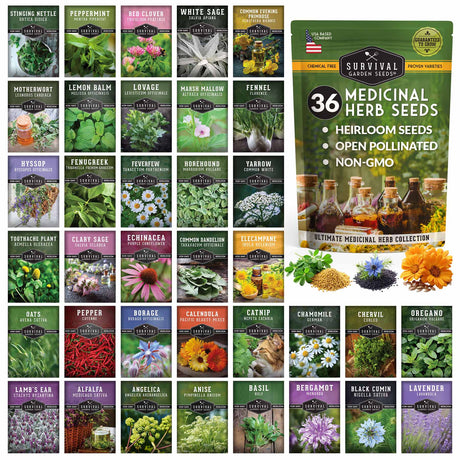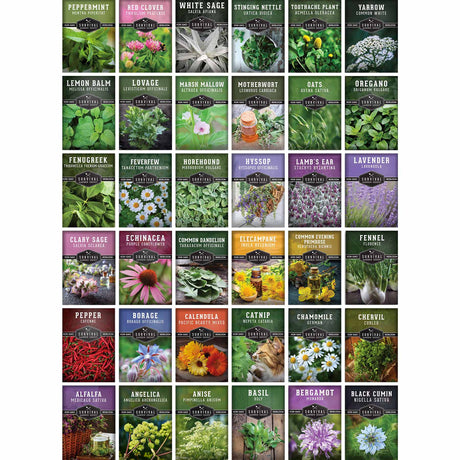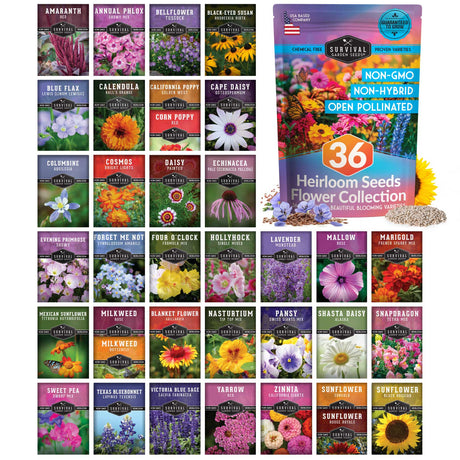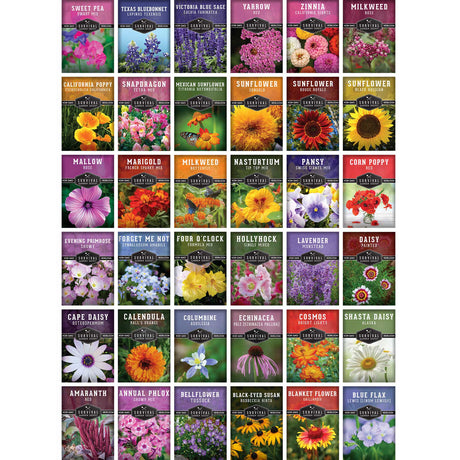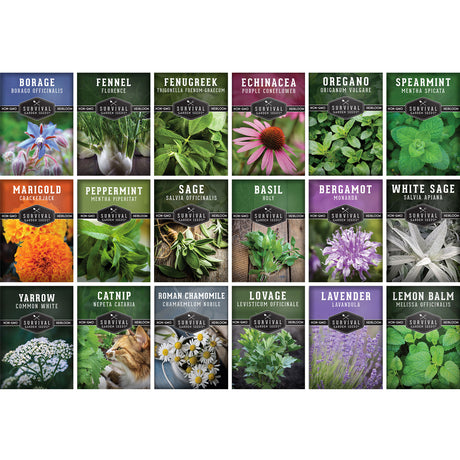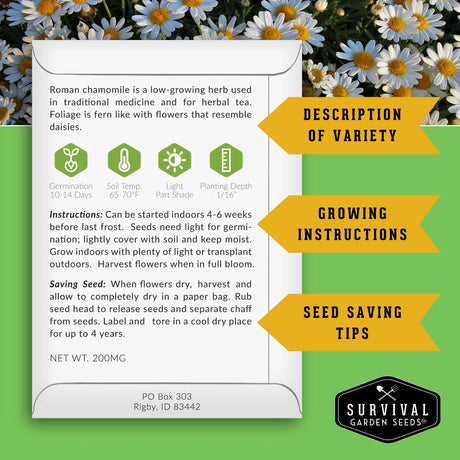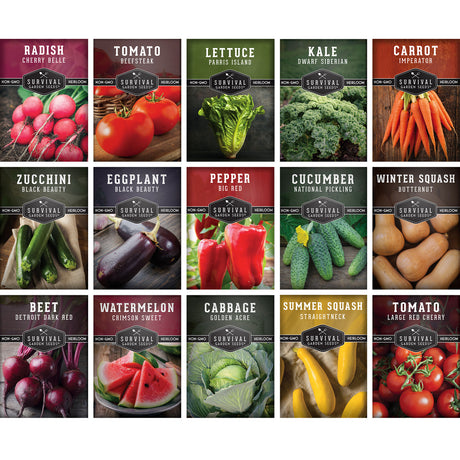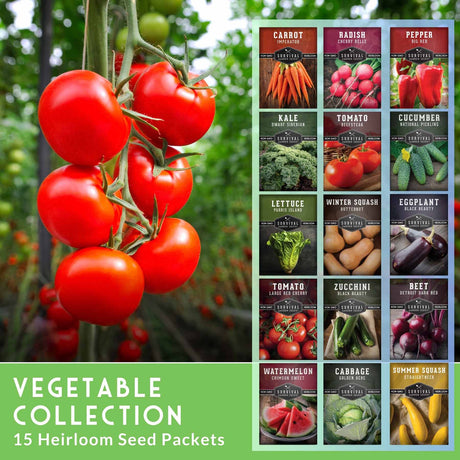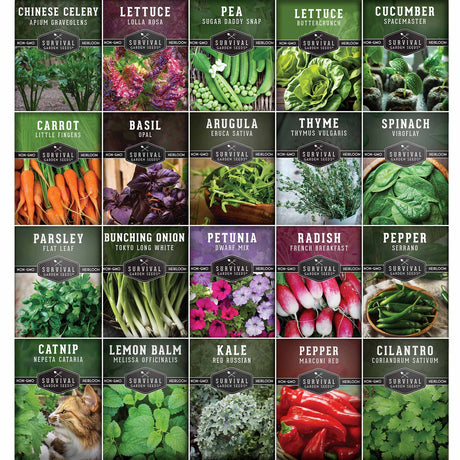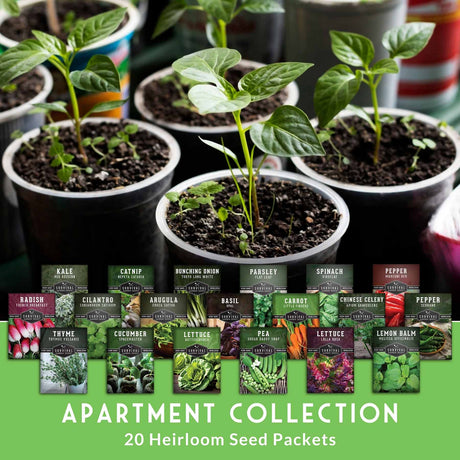Guest post by William DeMille
William DeMille is the director of Georgic Development for Monticello College in Utah, and he’s also our newest contributor to the Survival Training blog. His upcoming Feed Your Family Boot Camp is a great chance to learn about planting fall gardens to help you feed your family through the winter.
Three simple questions with 3 simple answers:
What does the term soil health mean?

The simple answer is that healthy soil grows plants without the use of fertilizers. Most soils can grow plants with fertilizers and amendments but only the healthiest soils can give us beautiful vegetables, grains, fruits, and flowers without plant foods (fertilizer) added to the soil. Why not just buy the fertilizer? Fertilizer is currently the biggest expense for farmers. Within 3 to 5 years, farmers can wean themselves from this expense and drastically increase their profitability. But what about a home gardener who spends less than $100 a year on fertilizer? Two things to think about 1- Many people believe the nutrition of the plants is better when grown on healthy soils instead of soil that requires fertilizer. I think this is true and the plant tastes better too. 2 - In times of shortages or rationing having healthy soil that does not require man-made soil additives is always a good idea. I think the COVID problems taught our modern generation that we are not past the possibility of fertilizer shortages or governmental controls.
How do people create healthy soil?

Here is another simple answer: We create the healthiest soils by mimicking nature. Old forests like the redwoods in California create more energy for plant growth every day than what people can create on our most productive farms. Therefore it makes sense to me that mimicking a natural system like the redwoods is the best way to create healthy soil. But what do we actually do? Cover the ground with two things: first, a lot of growing healthy plants and second, a thick layer of decomposing plants. Keep plants growing in the soil as much as possible. Why living and dead plants? Because living plants leak sugars through their roots into the soil to feed beneficial microbes. Decomposing plants feed the good microbes as well as the rot down. Microbes want food, water and a home like every other living thing. In return for the food from the plants, the microbes give plants all the nutrients they need for healthy growth.
What is happening in healthy soils compared to unhealthy soils?

The simple answer is the beneficial microbes in healthy soils are creating the plant nutrients that the plants need to grow big and strong. In unhealthy soils, there are not enough microbes to create plant foods. The way to get a good population of microbes in the soil is to maintain an inch or two of compost on the soil surface and to keep plants growing on the soil all year round even in the winter if possible. When the soil is unhealthy it is because the soil microbes do not have a home to live in and create plant food. The best microbe home is soil with a cottage cheese texture, this texture is called aggregates. Microbes will make their own aggregated home but when people till the soil, these aggregates are broken up and it compacts the soil killing many of our most loyal farm workers.
By covering the soil with decomposing plant material like wood chips, compost, and grass clippings we keep the soil moist and cool, and the microbes love this condition. Some of the most productive farms in the world are never tilled and seeds and transplants are placed in the soil under the compost layer. In order to prepare a garden for the best harvests, healthiest foods, and the most profitability simply grow a diversity of plants kind of like a jungle, and keep the soil covered with compost.


